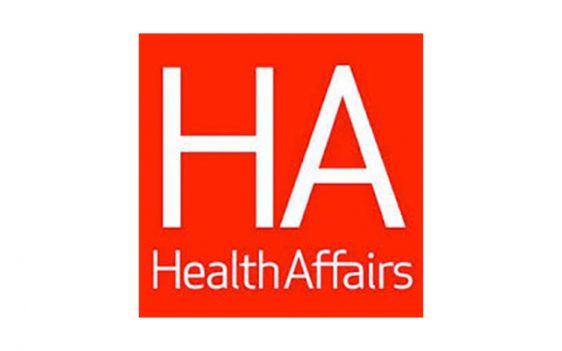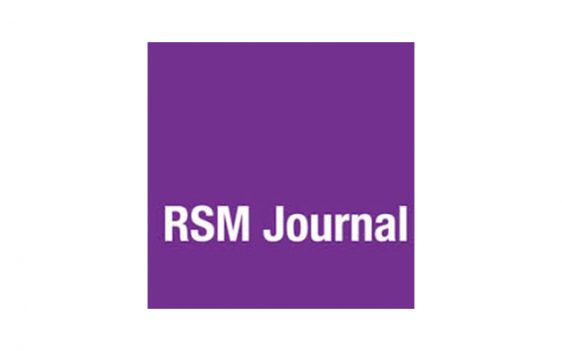PRESS RELEASE: IVI Publishes Depression Economic Model Scope

Alexandria, VA — April 12, 2021 — The Innovation and Value Initiative (IVI) — a nonprofit organization dedicated to advancing the science, practice, and use of value assessment in healthcare — today published the initial scope of its Open-Source Value Project Major Depressive Disorder (MDD) economic model. The scope document will be open for public […]
Is network meta-analysis as valid as standard pairwise meta-analysis? It all depends on the distribution of effect modifiers.

In the last decade, network meta-analysis of randomized controlled trials has been introduced as an extension of pairwise meta-analysis. The advantage of network meta-analysis over standard pairwise meta-analysis is that it facilitates indirect comparisons of multiple interventions that have not been studied in a head-to-head fashion. Although assumptions underlying pairwise meta-analyses are well understood, those […]
Drug Licenses: A New Model for Pharmaceutical Pricing

A drug-licensing model for health care is proposed which has the promise of increasing drug use without altering patients’ out-of-pocket spending, health plans’ costs, or drug companies’ profits. In such a model, people would purchase annual drug licences that would guarantee unfettered access to a clinically optimal number of prescriptions over the course of a […]
Innovation and the Welfare Effects of Public Drug Insurance

Prescription drug insurance is able to lower static deadweight loss without reducing incentives for innovation, with the result that the public provision of drug insurance can be welfare-improving, even for risk-neutral and purely self-interested consumers. The level of welfare improvement achieved is dependent on the design of insurers’ cost-sharing schedules and the size of such […]
How Cancer Patients Value Hope and the Implications for Cost-Effectiveness Assessments of High-Cost Cancer Therapies

Assessments of the medical and economic value of therapies in diseases such as cancer traditionally focus on average or median gains in patients’ survival. This focus ignores the value that patients may place on a therapy with a wider “spread” of outcomes that offer the potential of a longer period of survival. We call such […]
Conducting Indirect-Treatment-Comparison and Network-Meta-Analysis Studies: Report of the ISPOR Task Force on Indirect Treatment Comparisons Good Research Practices—Part 2

Evidence-based health care decision making requires comparison of all relevant competing interventions. In the absence of randomized controlled trials involving a direct comparison of all treatments of interest, indirect treatment comparisons and network meta-analysis provide useful evidence for judiciously selecting the best treatment(s). Mixed treatment comparisons, a special case of network meta-analysis, combine direct evidence […]
Interpreting Indirect Treatment Comparisons and Network Meta-Analysis for Health-Care Decision Making: Report of the ISPOR Task Force on Indirect Treatment Comparisons Good Research Practices: Part 1

Evidence-based health-care decision making requires comparisons of all relevant competing interventions. In the absence of randomized, controlled trials involving a direct comparison of all treatments of interest, indirect treatment comparisons and network meta-analysis provide useful evidence for judiciously selecting the best choice(s) of treatment. Mixed treatment comparisons, a special case of network meta-analysis, combine direct […]
Network Meta-analysis of Parametric Survival Curves

To inform health-care decision-making, treatments are often compared with synthesizing results from a number of randomized controlled trials. The meta-analysis may not only be focused on a particular pairwise comparison but can also include multiple treatment comparisons by means of network meta-analysis. For time-to-event outcomes such as survival, pooling is typically based on the hazard […]
Network Meta-analysis of Survival Data with Fractional Polynomials

Pairwise meta-analysis, indirect treatment comparisons and network meta-analysis for aggregate level survival data are often based on the reported hazard ratio, which relies on the proportional hazards assumption. This assumption is implausible when hazard functions intersect, and can have a huge impact on decisions based on comparisons of expected survival, such as cost-effectiveness analysis. As […]
Accounting for Correlation in Network Meta-analysis with Multi-arm Trials

Multi-arm trials are particularly valuable forms of evidence for network meta-analysis (NMA). Trial results are available either as arm-level summaries, where effect measures are reported for each arm or as contrast-level summaries, where the differences in effect between arms compare with the control arm chosen for the trial. We show that likelihood-based inference in both […]